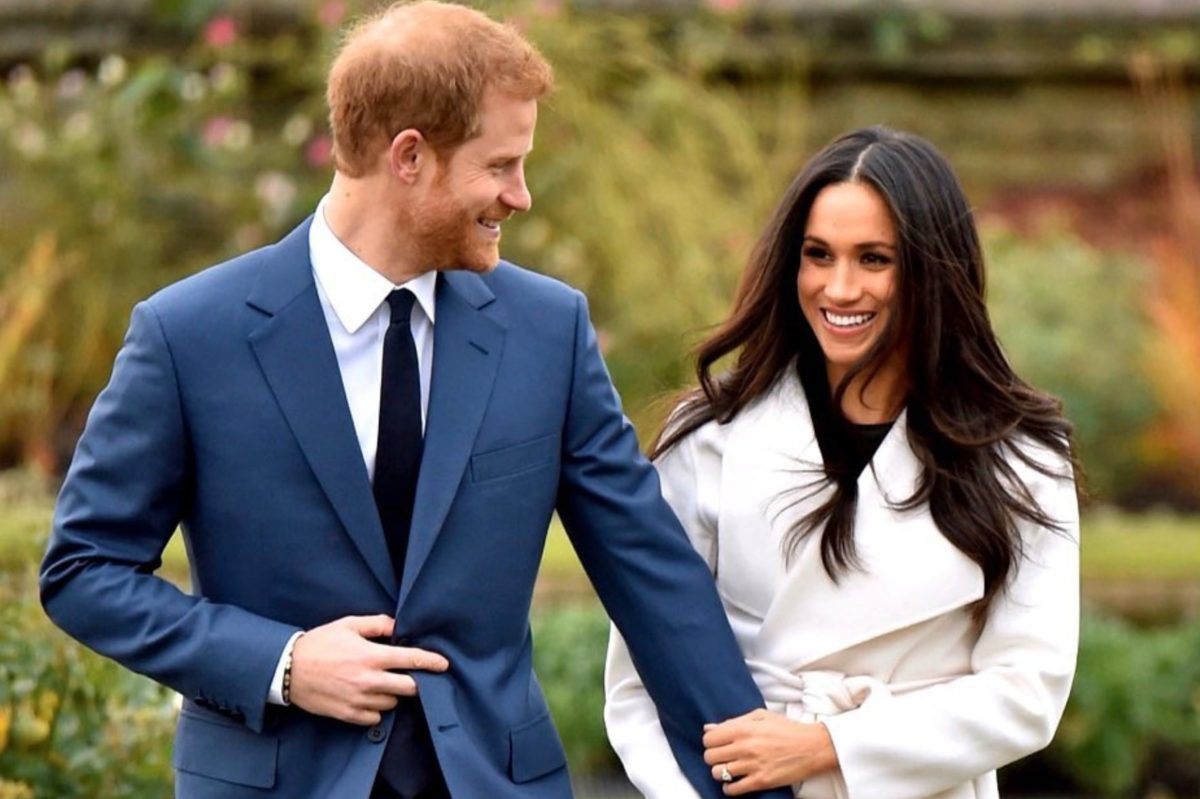The Duchess of Sussex, Meghan Markle, revealed she was pregnant with her second child but had a miscarriage in July.
The Duchess penned an opinion piece for the New York Times, revealing she had “felt a sharp cramp” while changing the diaper of her son, Archie Harrison Mountbatten-Windsor, whom she shares with husband Prince Harry.

“I dropped to the floor with him in my arms, humming a lullaby to keep us both calm, the cheerful tune a stark contrast to my sense that something was not right,” Meghan wrote.
“I knew, as I clutched my firstborn child, that I was losing my second.”
Markle recalled losing her second child and reflecting on the hardships of the past year.
“I lay in a hospital bed, holding my husband’s hand. I felt the clamminess of his palm and kissed his knuckles, wet from both our tears. Staring at the cold white walls, my eyes glazed over. I tried to imagine how we’d heal,” she wrote.
RELATED: Meghan Markle and Prince Harry Fired Archie’s Nanny on Her Second Night, New Book Claims
She referenced an interview during a royal tour back in 2019 when she held back tears after a journalist asked “Are you OK?”
“Sitting in a hospital bed, watching my husband’s heartbreak as he tried to hold the shattered pieces of mine, I realized that the only way to begin to heal is to first ask, ‘Are you OK?'” Meghan wrote. “Losing a child means carrying an almost unbearable grief, experienced by many but talked about by few,” she said.
According to the American College of Obstetricians and Gynecologists, around 10% of all pregnancies end in miscarriage, a fact Meghan referenced in her piece.
“Despite the staggering commonality of this pain, the conversation remains taboo, riddled with (unwarranted) shame, and perpetuating a cycle of solitary mourning,” Meghan wrote.
As close to 80% of miscarriages happen in the first trimester, women are usually encouraged to keep their pregnancy to themselves until they are at least 12 weeks along.
In addition, The Duchess also spoke on the impact of the pandemic along with the movement against structural racism and police brutality in the year 2020.
“Health rapidly shifts to sickness. In places where there was once community, there is now division,” she wrote. And she also referenced the aftermath of the 2020 US election.
“We aren’t just fighting over our opinions of facts; we are polarized over whether the fact is, in fact, a fact. We are at odds over whether science is real. We are at odds over whether an election has been won or lost. As much as we may disagree, as physically distanced as we may be, the truth is that we are more connected than ever because of all we have individually and collectively endured this year,” she ended.